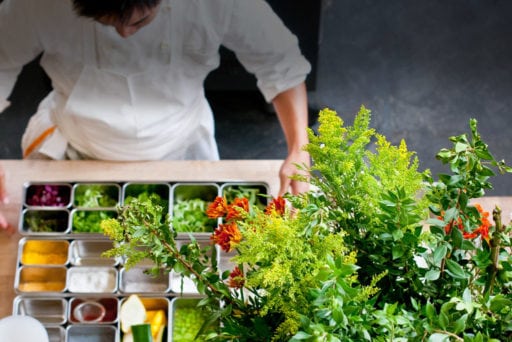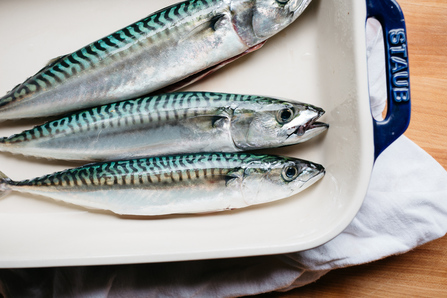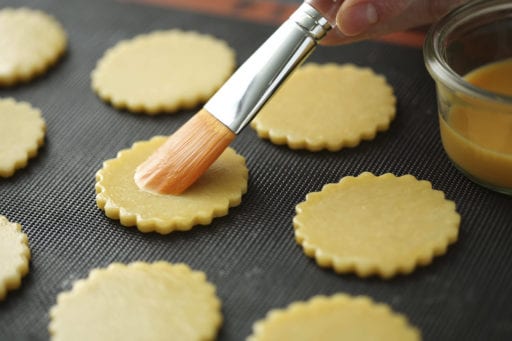This ACFEF-approved program is flexible and designed for instructors to select how they want to incorporate it into their existing program – or follow it as-is.
The Curriculum
26 Units | 398 Tasks | 110 Hours
- Culinary foundations level 1
- culinary foundations level 2
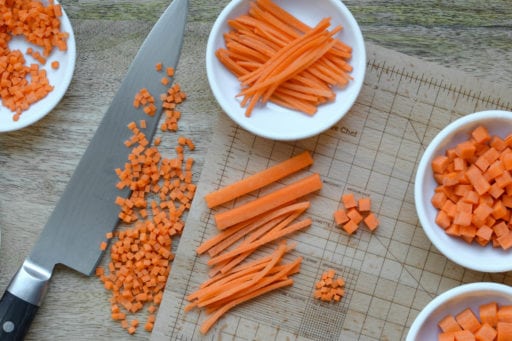
Knives, Knife Cuts & Knife Sharpening
Selecting a Knife Set
Proper Knife Handling
Handling a Chef's Knife
Cutting with a Chef’s Knife
Sharpening Your Knife
Proper Knife Handling
Handling a Chef's Knife
Cutting with a Chef’s Knife
Sharpening Your Knife
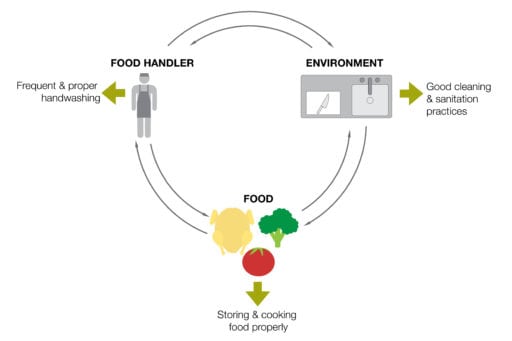
Food & Kitchen Safety
Food Safety
Handwashing
Buying & Storing Food
Preparing Food
Cleaning Up
Kitchen Safety Basics
Handwashing
Buying & Storing Food
Preparing Food
Cleaning Up
Kitchen Safety Basics
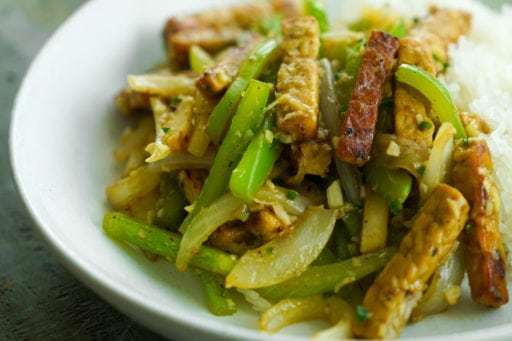
Dry-Heat Cooking Methods
How to Pan Fry
Pan Tossing
How to Sweat
How to Sauté
Searing
Breading & Battering
Shallow Fry & Deep Fry
How to Stir-Fry
Pan Tossing
How to Sweat
How to Sauté
Searing
Breading & Battering
Shallow Fry & Deep Fry
How to Stir-Fry
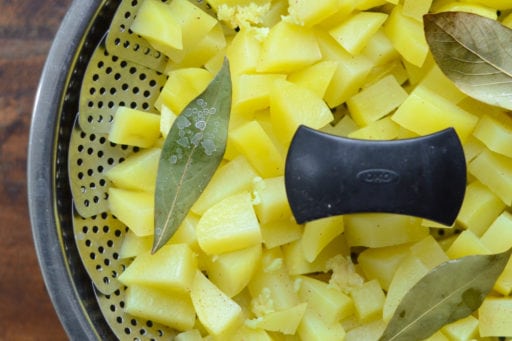
Moist-Heat Cooking Techniques
Submersion
Braising
Stewing
Pot Roasting
Steaming
Pressure Cooking
Braising
Stewing
Pot Roasting
Steaming
Pressure Cooking
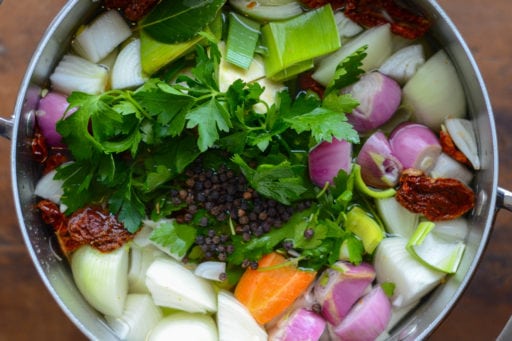
Stock Fundamentals
Fundamentals
Dark Stock
Short Stock
How to Make Broth
Veal & Beef Stock
Plant-Based Stocks
Dark Stock
Short Stock
How to Make Broth
Veal & Beef Stock
Plant-Based Stocks
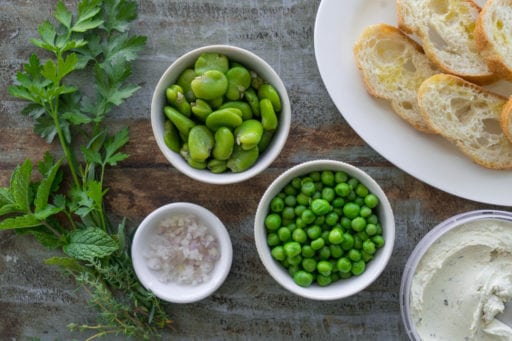

Seasoning
Basic Seasoning
Brining
Herbs
Marinades
Fats & Oils
Acids: vinegars, alcohol and citrus
Brining
Herbs
Marinades
Fats & Oils
Acids: vinegars, alcohol and citrus
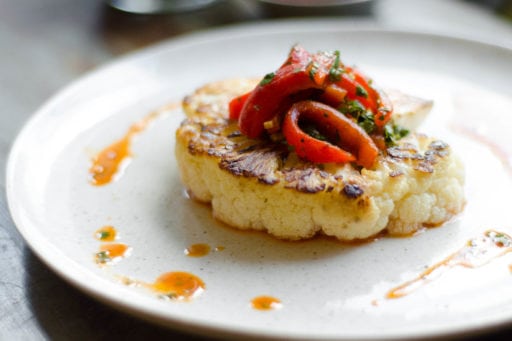

Plating
The Basics of Plating
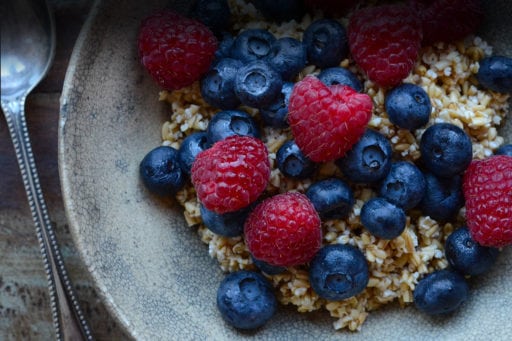

Nutrition in the Kitchen
Basic Nutrition
Diets and Dietary Restrictions
Basics of Cooking for Health Support
Diets and Dietary Restrictions
Basics of Cooking for Health Support
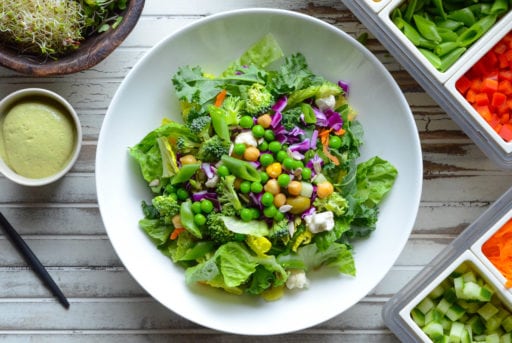

Salads & Vinaigrettes
Salad Greens
Selecting & Preparing
Vinaigrette Basics
Selecting & Preparing
Vinaigrette Basics
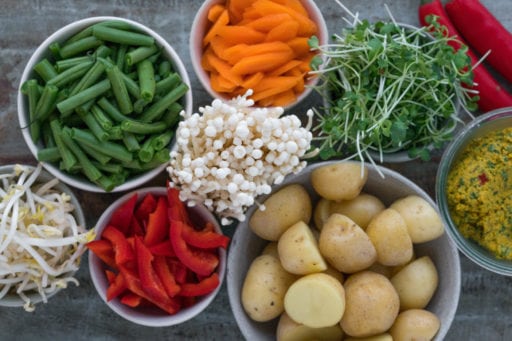

Vegetables
Vegetable Pigments
Cooking in Water
Steaming Vegetables
How to Roast Vegetables
How to Purée Vegetables
Cooking in Water
Steaming Vegetables
How to Roast Vegetables
How to Purée Vegetables
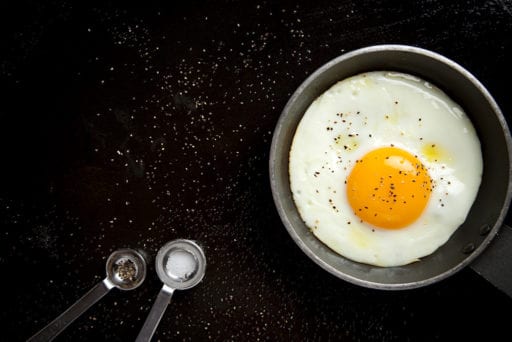


Eggs
Boiling & Scrambling
Frying, Basting & Poaching
How to Make an Omelet
How to Make a Frittata
How to Steam Eggs
Frying, Basting & Poaching
How to Make an Omelet
How to Make a Frittata
How to Steam Eggs
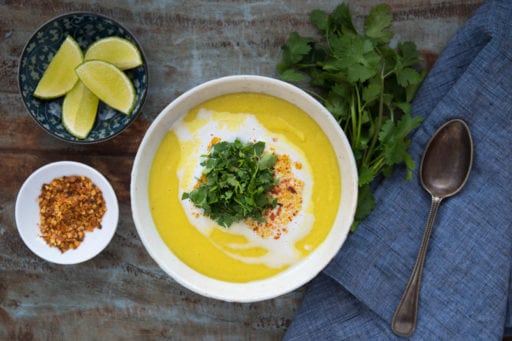

Soups
Broth-Based Clear Soup
Stock-Based Clear Soup
Roux-Based Soup
Starch-Based Thick Soup
Consommé
Stock-Based Clear Soup
Roux-Based Soup
Starch-Based Thick Soup
Consommé
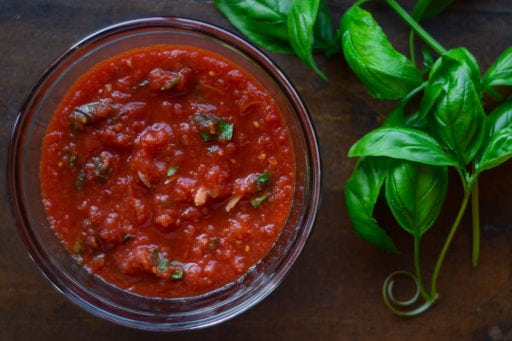

Sauces
Béchamel Sauce
Velouté Sauce
Tomato Sauce
Butter Sauce
Hollandaise Sauce
Demi-Glace
Pan Sauce
Plant-Based Sauces
Velouté Sauce
Tomato Sauce
Butter Sauce
Hollandaise Sauce
Demi-Glace
Pan Sauce
Plant-Based Sauces
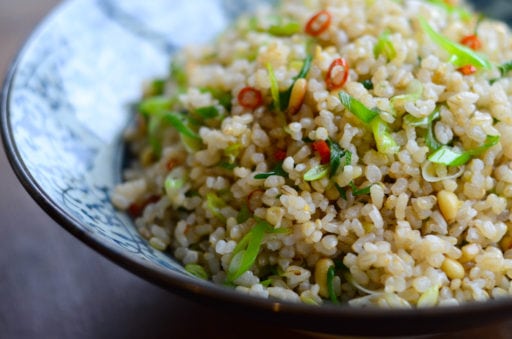

Rice & Grains
Steaming & Boiling
Pilaf Method
Risotto Method
Varying Risotto
How to Cook Grains
How to Make Polenta
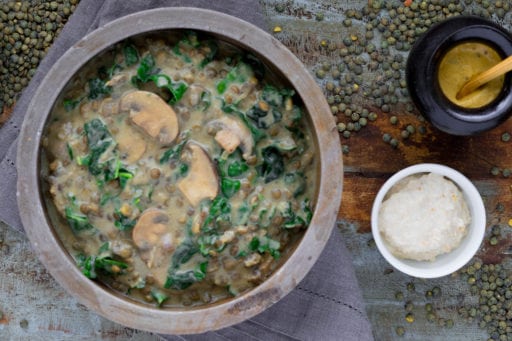

Legumes & Pulses
How to Cook Dried Legumes and Pulses
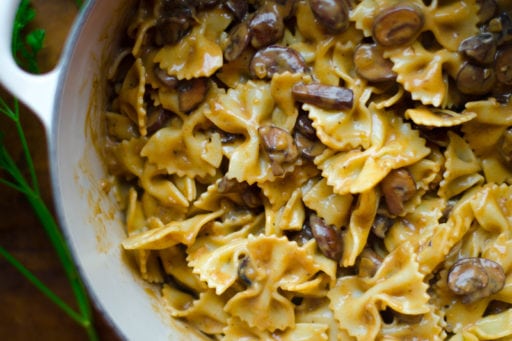

Pasta
How to Select Pasta
How to Cook Pasta
How to Make Fresh Pasta | Laminated Pasta
How to Cook Pasta
How to Make Fresh Pasta | Laminated Pasta
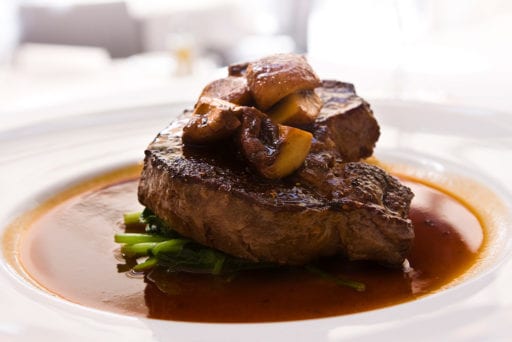

Meat
How Heat Affects Protein
Premium Cuts of Steak
Prepping Steaks
How to Cook Steaks
How to Roast Prime Rib
Premium Cuts of Steak
Prepping Steaks
How to Cook Steaks
How to Roast Prime Rib
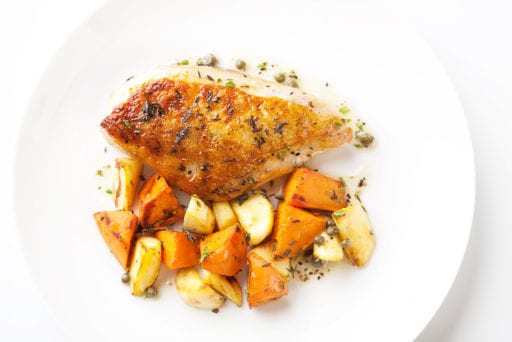

Poultry
Poultry Fundamentals
Roast a Whole Chicken
Enhanced Roast Chicken
Roast a Whole Chicken
Enhanced Roast Chicken
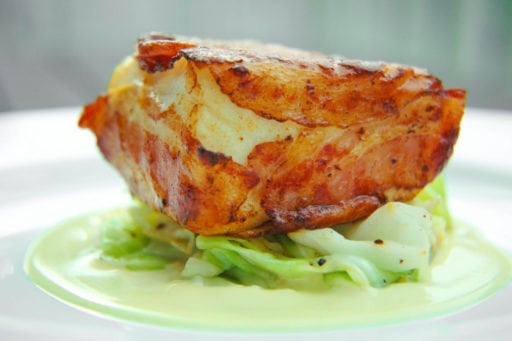

Fish
How to Buy & Store Fish
Cooking Fish
How to Pan Fry Fish
Cooking Fish
How to Pan Fry Fish
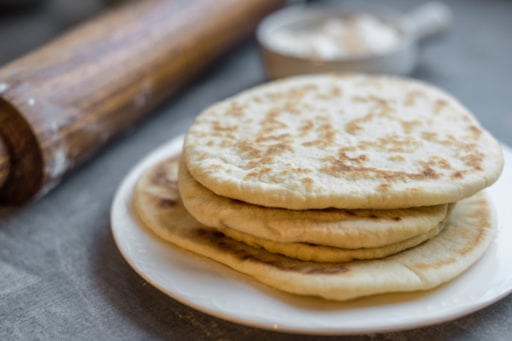

Baking Basics & Breads
Baking Basics
Wheat & Gluten
Quick Breads
Making Bread
Stages of Bread Making
How to Shape an Epi
Wheat & Gluten
Quick Breads
Making Bread
Stages of Bread Making
How to Shape an Epi
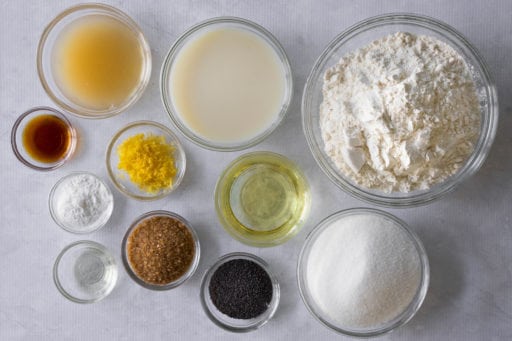

Pastry Basics
How to Make Pâte
Brisée
Pâte Sucrée
Pâte à Choux
Crêpes
Custards
Soufflés
Brisée
Pâte Sucrée
Pâte à Choux
Crêpes
Custards
Soufflés


Chocolate
Basics of Quality Chocolate
Additional advanced courses available
Plant-based Foundations
Co-created by Chef Chad Sarno
Co-created by Chef Chad Sarno
Master plant-based techniques in this 30-hour program. Primary focus of the course is on core techniques and concepts to support cooking with and featuring plant-based proteins and non-dairy substitutes, as well as cooking for restricted and special diets, recipe and menu development, flavor balancing, layering and seasoning, raw gastronomy – and much more!
Seafood Literacy
with Barton Seaver
with Barton Seaver
An advanced online course created with Barton Seaver, this course will provide an understanding of aquaculture and sustainable practices in and out of the kitchen, the primary culinary categories of fish and seafood, proper handling and fabrication of various forms of seafood, and how to best apply culinary techniques to make the most of the seafood on your menu.
Introduction to Pastry Arts
with the French Pastry School
with the French Pastry School
NEW! Developed by the esteemed team of chef educators at the French Pastry School of Chicago, this 50-hour course will cover the basics and equip students to pursue excellence in pastry, baking, and cake decorating.



EggPro™
with the American Egg Board
with the American Egg Board
EggPro™ is a program created with the American Egg Board which includes two online courses — Egg Foundations and Egg Functionality that cover everything from cooking techniques to egg functionality in culinary research.



Waste Not
with the James Beard Foundation
with the James Beard Foundation
Waste Not is a course and initiative with the James Beard Foundation to equip and help advance efforts toward more sustainable industry practices. This 5-hour course provides an introduction to technical and creative approaches to addressing the issue of food waste and examines methods of reducing food loss along the supply chain.
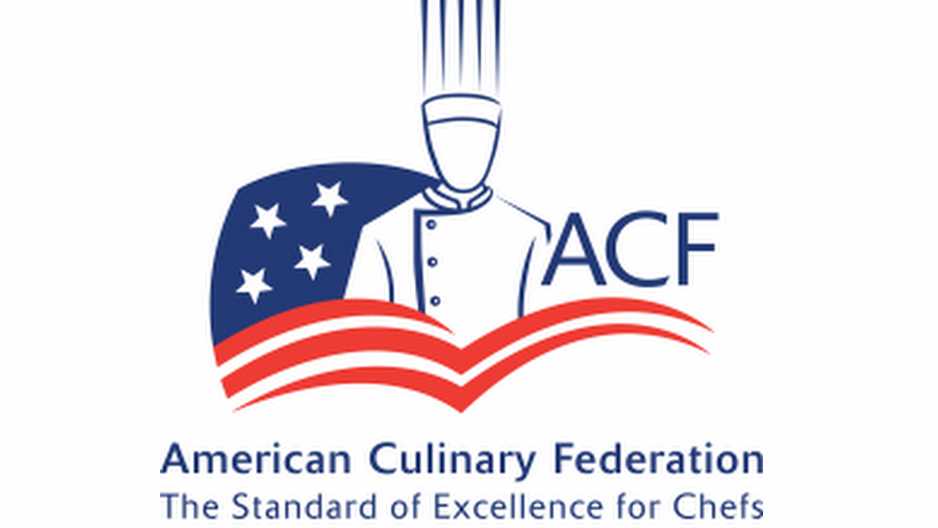

Recognized by the
American Culinary
Federation Education
Foundation as an approved program
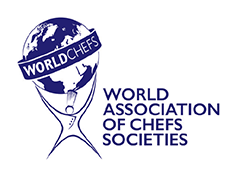

Recognized by WorldChefs
as Approved Quality
Culinary Training
